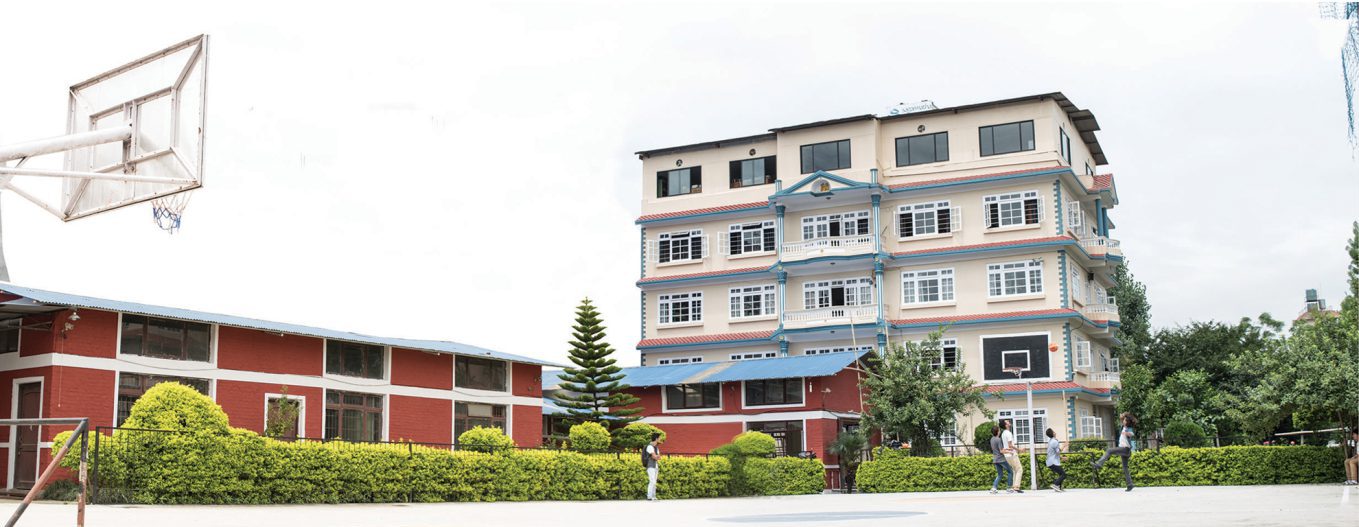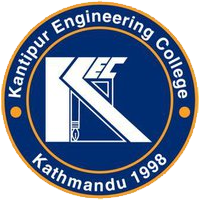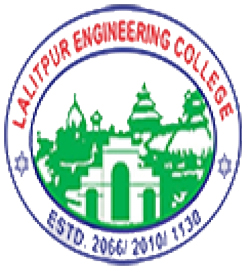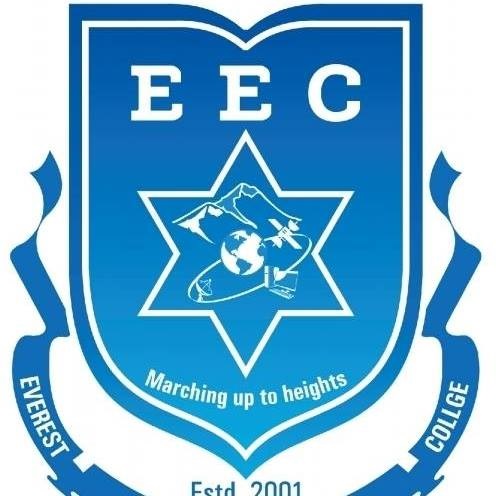Overview
Bachelor of Electronics, Communication and Information Engineering at Sagarmatha Engineering College
The Bachelor of Electronics, Communication and Information Engineering (BE-ECIE) at Sagarmatha Engineering College, Sanepa, Lalitpur, is affiliated with the Institute of Engineering (IoE), Tribhuvan University.
This undergraduate program is tailored for students interested in the convergence of electronics, telecommunications, and information technologies. With an annual intake of 48 students, the course balances theoretical depth with applied training to meet the evolving demands of industries and digital infrastructure.
Electronics and communication are integral to nearly every modern system, from mobile devices and satellite communication to embedded control systems and digital networks.
This course supports students in understanding circuit design, signal processing, wireless systems, and data communication while building skills applicable in both research and industry environments.

Curriculum Details
The program spans eight semesters over four years and includes coursework, lab training, and project work in the following areas:
Core Subjects:
-
Electronic Devices and Circuits
-
Signals and Systems
-
Analog and Digital Communication
-
Microprocessors and Microcontrollers
-
Electromagnetic Field and Transmission Lines
-
Data Communication
-
Computer Networks
-
Control Systems
-
VLSI Design
-
Embedded Systems
-
Wireless Communication
-
Optical Communication
-
Information Theory and Coding
-
Engineering Mathematics I-IV
Laboratory Work:
-
Communication Lab
-
Microcontroller and Embedded Lab
-
VLSI and Digital Design Lab
-
Signal Processing Lab
-
Network Simulation Lab
-
Electronics and Instrumentation Lab
Project Work:
-
Departmental mini-projects in 2nd and 3rd year
-
Final-year capstone project integrating hardware/software
Objectives
The program is structured to:
-
Provide fundamental knowledge of electronics and communication principles
-
Prepare students to work on hardware-software integration tasks
-
Develop competencies in circuit analysis, signal processing, and data transmission
-
Train students in the current technologies used in telecommunication and embedded platforms
-
Encourage ethical practices and critical thinking in technical professions
Scope
Graduates of this course can contribute to various fields, including mobile networks, broadcasting, robotics, satellite systems, electronics manufacturing, automation, and ICT infrastructure.
Their skills are valuable in the private and public sectors, from engineering services to system design, maintenance, and R&D roles.
Learning Outcomes
Students completing this program will:
-
Analyze, design, and test electronic circuits and systems
-
Understand and implement communication protocols and transmission techniques
-
Build and simulate microcontroller-based systems
-
Develop and debug embedded solutions using software-hardware interfaces
-
Evaluate signal behavior using time and frequency domain techniques
-
Apply digital logic in complex hardware integration tasks
Skill Development Modules
This course helps students develop capabilities in:
-
Circuit analysis and troubleshooting
-
Communication system modeling (using MATLAB, Simulink)
-
PCB design and prototyping
-
Programming microcontrollers and embedded systems (AVR, ARM, Arduino)
-
Network setup and simulation (Packet Tracer, NS2)
-
Signal analysis and noise reduction techniques
Practical workshops and field projects enhance problem-solving and team-based collaboration.
Teaching Methodology
Teaching combines classroom lectures with interactive and lab-based learning. Key practices include:
-
Regular lectures and tutorials
-
Supervised laboratory sessions
-
Guest talks from industry professionals
-
Real-world project implementation
-
Technical paper presentations and seminars
Evaluations include practical tests, written exams, oral assessments, and project demonstrations.
Admission Requirements
To enroll, applicants must:
-
Complete 10+2 Science with at least a 'C' grade in Physics, Chemistry, and Mathematics (200 marks), or
-
Hold a 3-year diploma in Engineering with a minimum of 45% aggregate
-
Pass the IoE entrance examination administered by Tribhuvan University
Admissions are finalized based on entrance merit and academic performance.
Career Opportunities
Graduates of this program find roles such as:
-
Electronics Engineer
-
Communication System Developer
-
Embedded System Engineer
-
Network Engineer
-
Technical Officer (Telecom/IT firms)
-
Broadcast Technician
-
Field Support Engineer
Some graduates pursue postgraduate studies in Electronics, Communication Engineering, Wireless Systems, or Robotics.
Scholarships and Financial Aid
Scholarship schemes available at the college include:
-
Entrance merit-based scholarships as per the IoE policy
-
Fee concessions for female applicants
-
Academic performance-based awards for semester toppers
These provisions are designed to support academic motivation and reduce financial barriers.
Why Choose This Course?
The BE-ECIE program offers an academic path for students interested in electronics and digital communication. The course framework supports foundational learning while providing access to advanced tools and development environments. Students graduate with both analytical and technical skills required to support Nepal’s evolving digital infrastructure and global tech demands.
Conclusion
The Bachelor of Electronics Communication and Information Engineering at Sagarmatha Engineering College prepares students for careers in a field where electronics, data, and connectivity intersect. It builds a platform for lifelong learning and professional engagement, supporting graduates who aim to innovate with purpose and precision in the communication and embedded systems industries.
Contact Sagarmatha Engineering College's administrative office for detailed information on the BE Electronics, Communication & Information course, including fees, scholarships, facilities, counseling, eligibility criteria, etc.


.png)




















